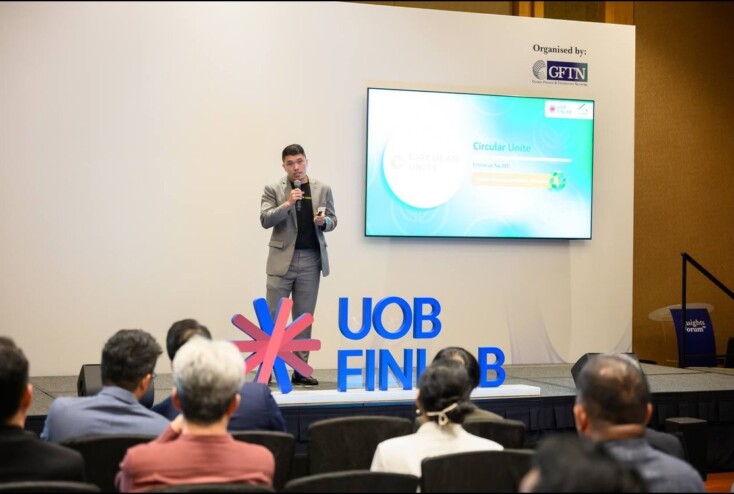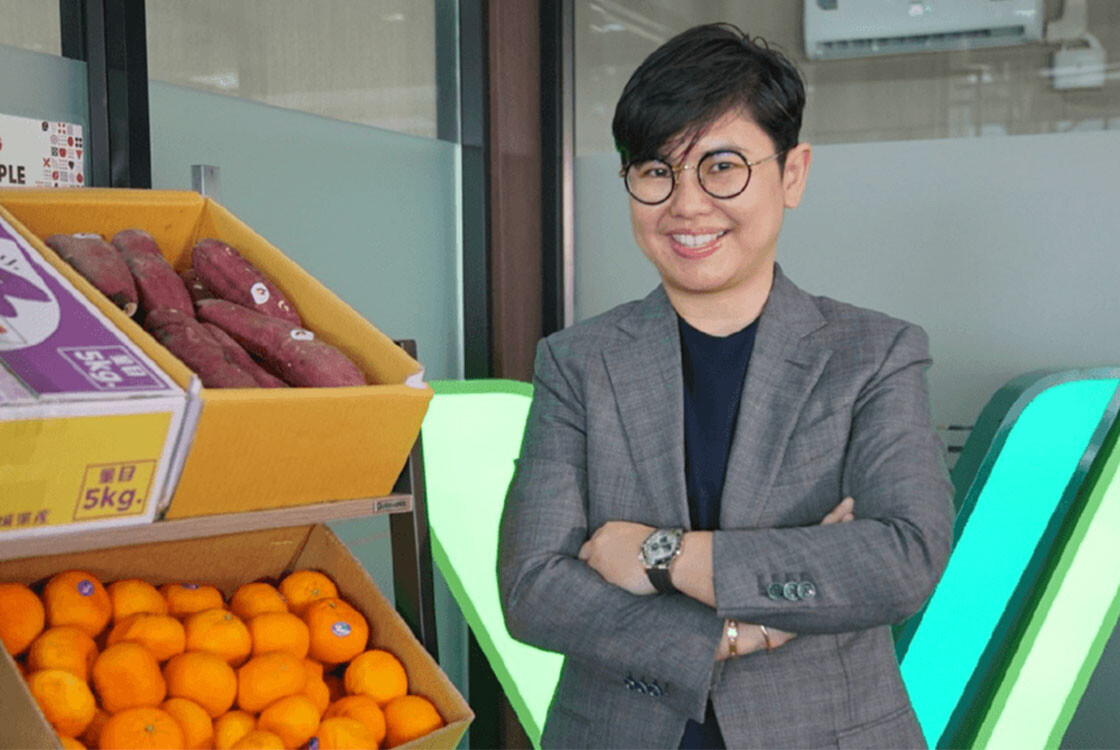
Post GreenTech Accelerator 2024: UOB’s Corporate Real Estate Services (CRES) X Circular Unite
Explore how one of the impactful pilot projects from UOB FinLab’s GreenTech Accelerator 2024 took off, where Circular Unite partnered with UOB’s Corporate Real Estate Services (CRES) to drive sustainable waste management through data-driven innovation.





